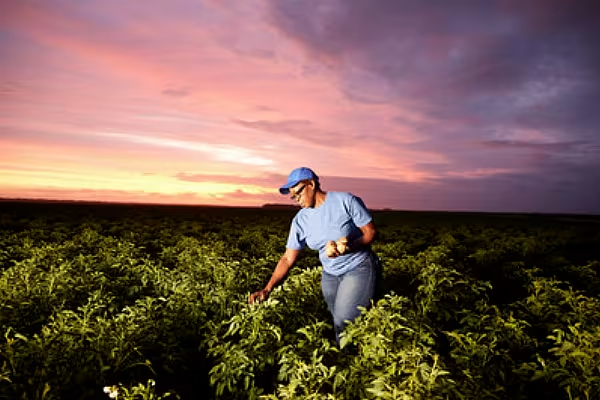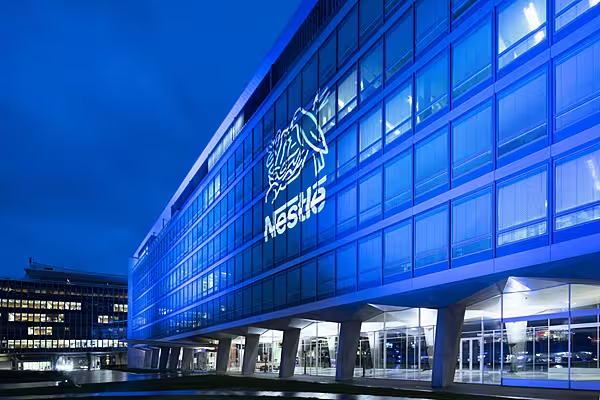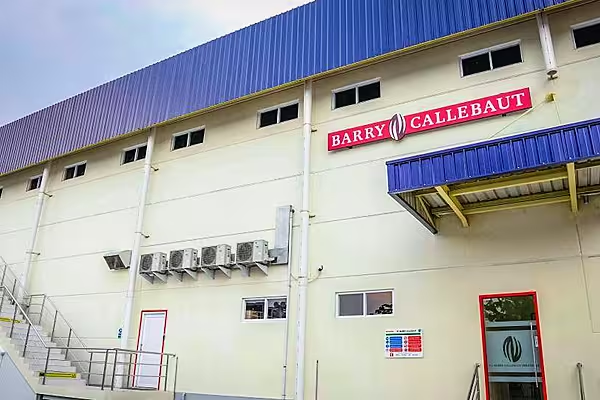Regenerative agriculture is a farming process that is being embraced more and more by major brands and multinationals.
PepsiCo, Nestlé, Mondelēz and Diageo are just some of the big players that have made significant investment in this practice.
Ineffective Messaging
However, for many consumers, regenerative farming is nothing more than a new buzzword used by corporates to signal their environmental accolades, and given the lack of freely available information on the topic, who can blame them?
This leads us to ask whether the industry as a whole could improve communication related to the benefits of this sustainable practice against biodiversity loss and climate change.
Lack Of Awareness
A recent study by Purdue University’s Center for Food Demand Analysis and Sustainability (CFDAS) found that around 43% of survey respondents in the United States said they were 'not at all familiar' with the term 'regenerative agriculture.'
The situation is similar in Europe, with a study by EIT Food Consumer Observatory noting that respondents expressed a strong appetite to better understand regenerative agriculture.
Regenerative Agriculture
Before we go any further, it would probably be a good idea to define what regenerative agriculture is.
The World Economic Forum defines it as a way of farming that focuses on soil health. There are many ways this can be achieved.
Nestlé
In July, Nestlé US announced it is investing in regenerative agriculture practices in its wheat farms within its Digiorno pizza brand supply chain.
These practices include planting cover crops, eliminating or reducing tillage, and reducing the use of pesticides, which can help improve soil health and soil fertility, protect water resources and enhance biodiversity.
Carlsberg Group
Last year, Carlsberg Group committed to sourcing 30% of all agricultural raw materials from regenerative practices and sustainable sources globally by 2030, reaching 100% by 2040.
The initiative aims to promote biodiversity, restore soil health and support natural carbon capture.
A Better Way
Theses are just two examples of major initiatives carried out by multinationals in the industry.
However, there is room for smaller brands and retailers to implement regenerative farming methods into their supply chain and a better way must be found to communicate this.
Signs of Hope-The State of Grocery Retail 2024: Europe is a report by McKinsey and EuroCommerce which looks at future trends in the industry.
The authors of the report believe that regenerative agricultural practices are key to meet the net-zero ambitions proclaimed by many supermarkets and retailers.
According to the report, introducing regenerative agricultural labels in their assortment as an alternative to organic labels can be a big opportunity for retailers to differentiate their offerings, while working toward their sustainability targets.
If the proper approach is taken to getting the message across, say the authors, regenerative agriculture could become 'the new organic.’ It's simply a case of getting the messaging right.














